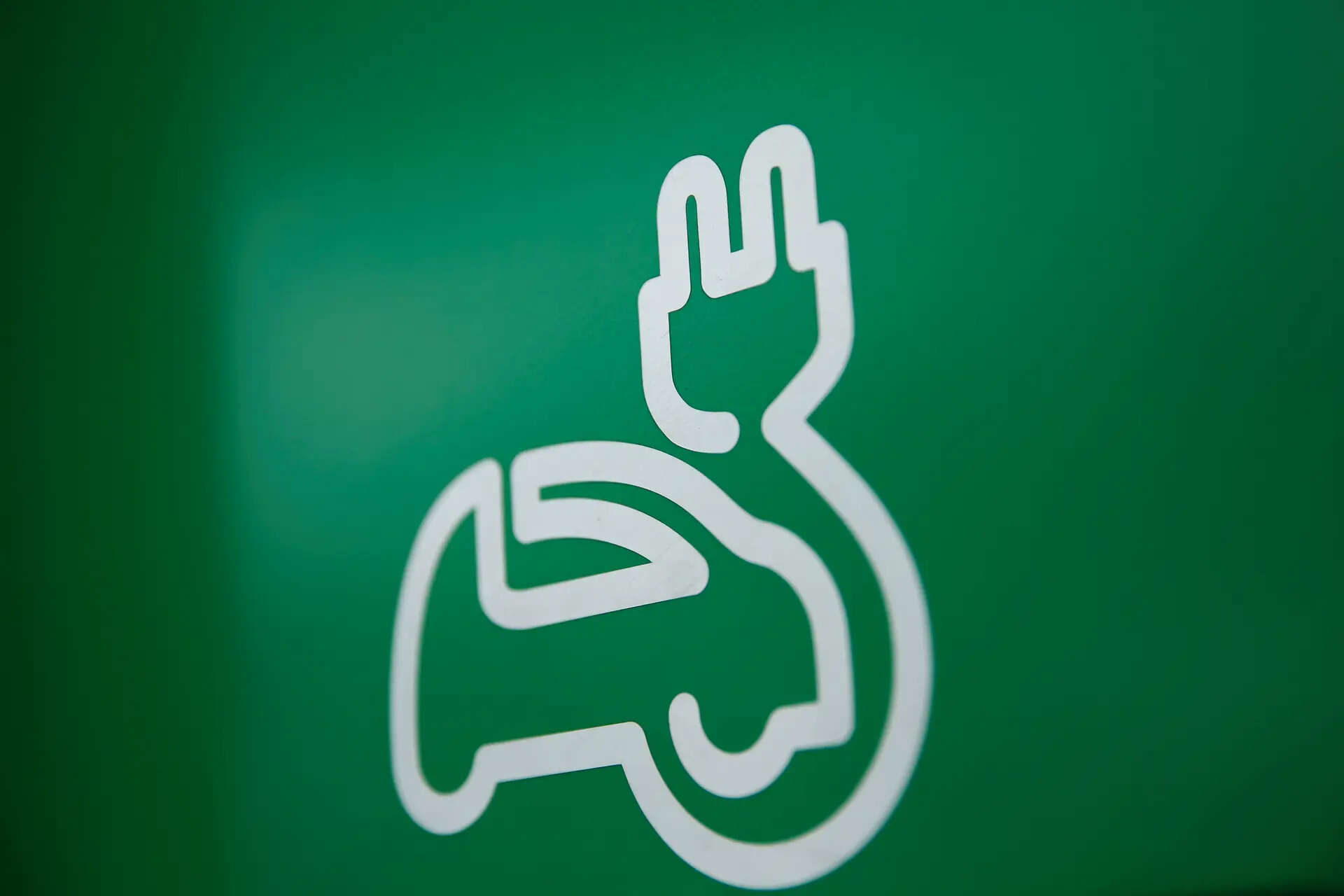
The UT administration is planning to charge electric vehicle (EV) charging stations with power generated from solar power plants. In a pilot project, four public EV charging stations will be energised through solar power plants.
“The aim is to promote sustainable charging solutions in the city. It will involve enhanced integration of solar energy in EV charging infrastructure for long-term sustainability,” said a UT official. Locations have been identified where solar power will be used to power EV charging stations, such as one in the IT Park where rooftop solar plants have been installed in a public parking area. Both new and old EV charging stations will be part of the pilot project.
There are currently 35 public EV charging stations, all of which are powered by the conventional electricity network. “The dependency on the conventional source of energy has to be decreased; that’s the time of both the EVs and the solar power plants. Combining both these is a win-win situation for the environment. So, this initiative is being taken by the nodal agency CREST,” said the official.
The integration of solar and EV charging stations will be one of the agenda items during the review meeting on the EV policy, which is slated for Thursday. Another major decision will be taken on the incentive framework and utilisation for promoting EVs in the city. The meeting, to be chaired by the UT chief secretary, will review the category-wise uptake of EV incentives and explore reallocation or enhancement of support where demand is higher.
“The limit of the number of incentives for certain categories of EVs was exhausted recently. Consequently, a proposal for re-introducing and even enhancing the incentives will be taken up in the meeting. The administration is aiming to introduce major changes in the EV policy to accelerate EV adoption, targeting 18–20 per cent EV penetration in the current financial year, as part of Chandigarh‘s vision to become a national leader in clean and sustainable mobility,” said the official.
The EV policy was introduced in 2022 and received a good response in the form of increased registration of EVs in the city. However, a drop has been seen since the incentives were stopped in some of the EV categories.
The Chandigarh Pollution Control Committee (CPCC) has issued a notice to the firm that set up the air purification tower at the Transport Chowk to remove it. A time of three months has been given to the firm. The 24-metre-tall tower was launched in 2021 but failed to deliver on air pollution cleanup parameters.
